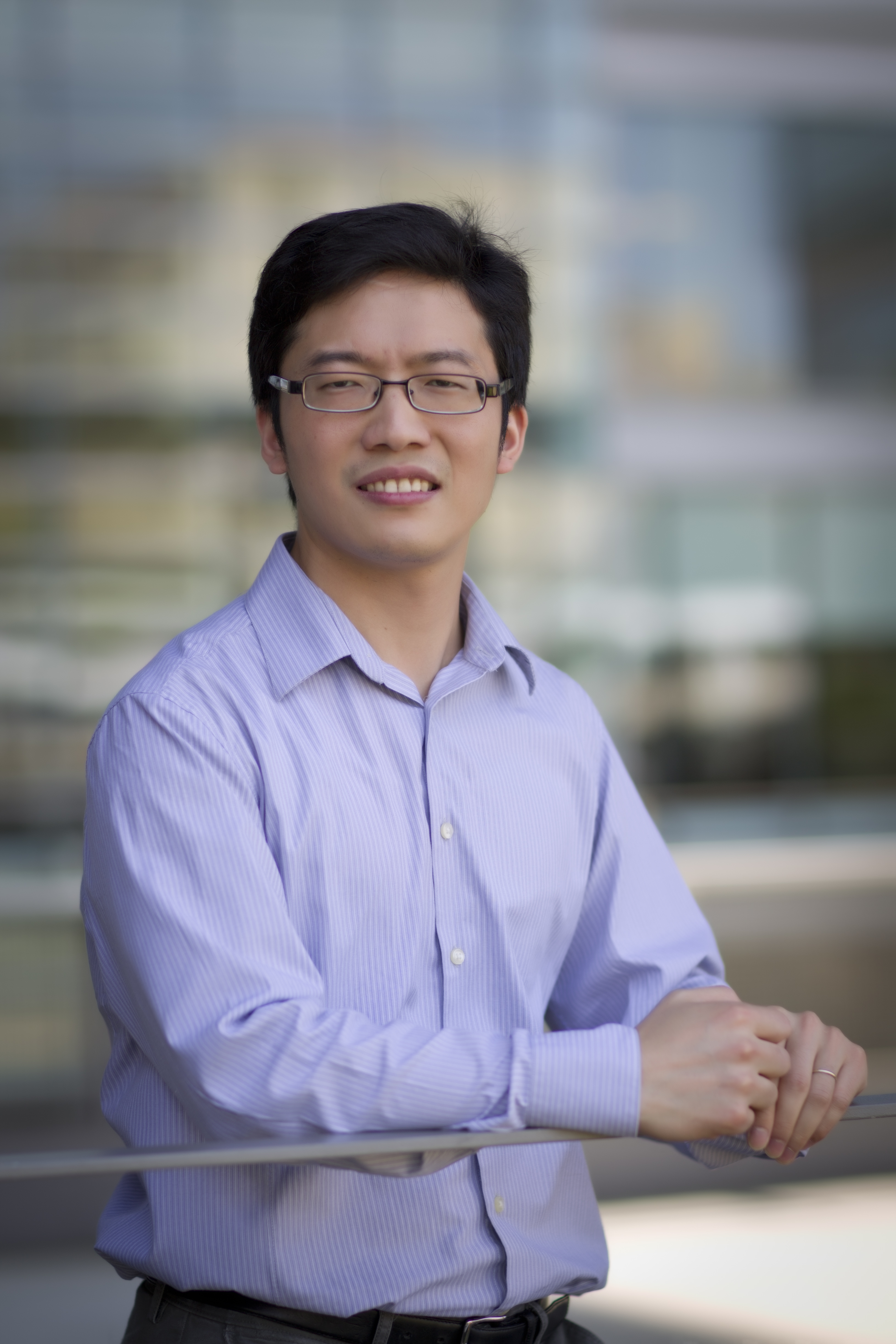UNC Lineberger member Qing Zhang, PhD, an assistant professor in the Department of Pathology & Laboratory Medicine, was awarded a two-year, $100,000 grant from The Mary Kay Foundation to study a possible new therapeutic target in basal-like breast cancer.

There is an urgent need to identify new treatment targets for basal-like breast cancer, researchers say. The subtype accounts for 15 to 20 percent of all breast cancers, and is associated with an aggressive clinical history, development of distant metastasis and high mortality rate compared to other subtypes .
In their new study, researchers plan to examine a certain enzyme called Hairless as a possible new therapeutic target for this disease. Researchers have found that this enzyme is upregulated in basal-like breast cancer, although its function in the disease is largely unknown.
Preliminary experiments have shown that Hairless promoted basal-like, but not ER-positive, breast cancer cell growth. In their new study, researchers plan to investigate the role of the enzyme as an oncogene contributing to the subtype; and to examine how it promotes tumor formation.
Ultimately, they hope their work will pave the way for a possible Hairless enzymatic inhibitor that may be used for effective therapy for basal-like breast cancer.
